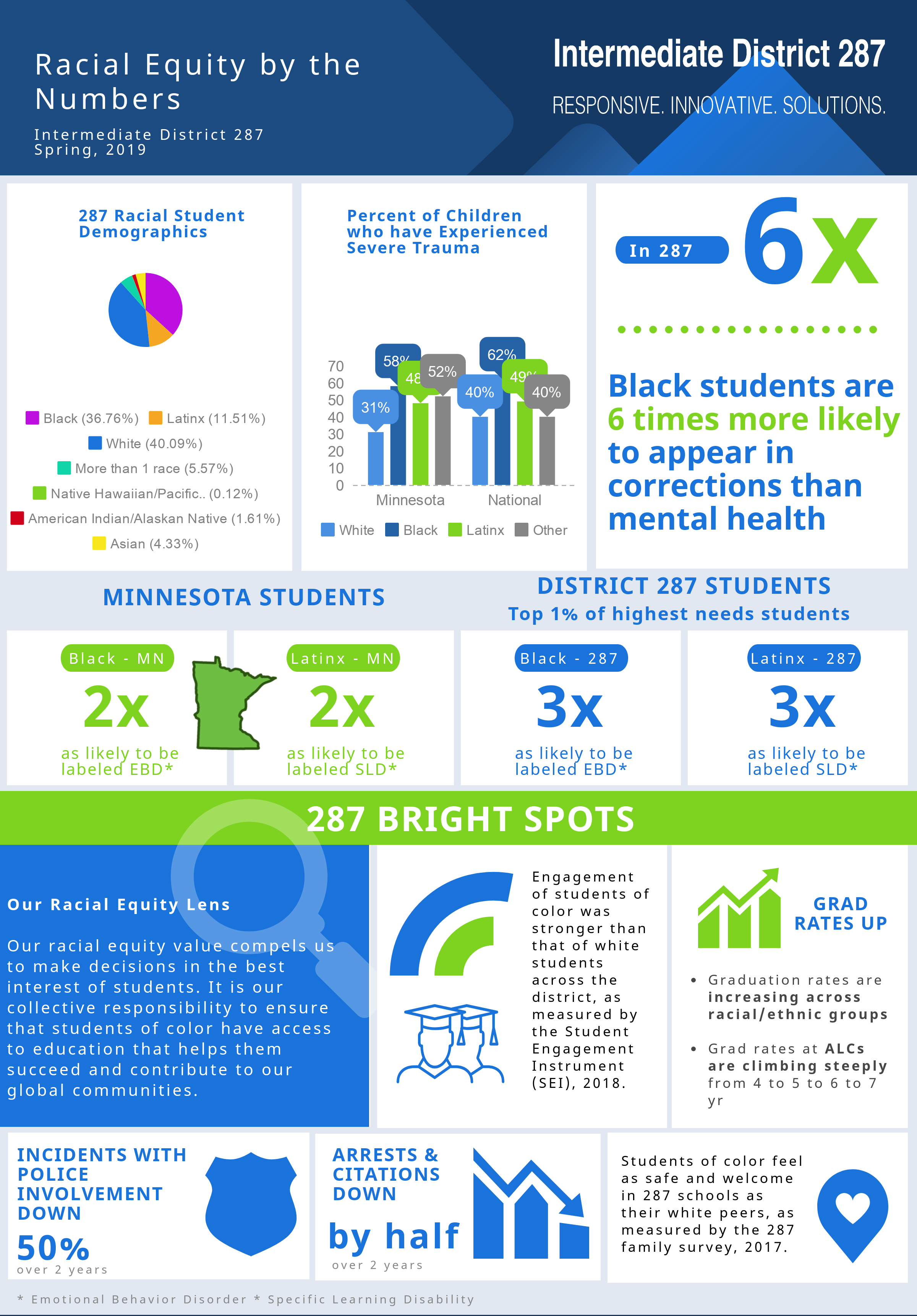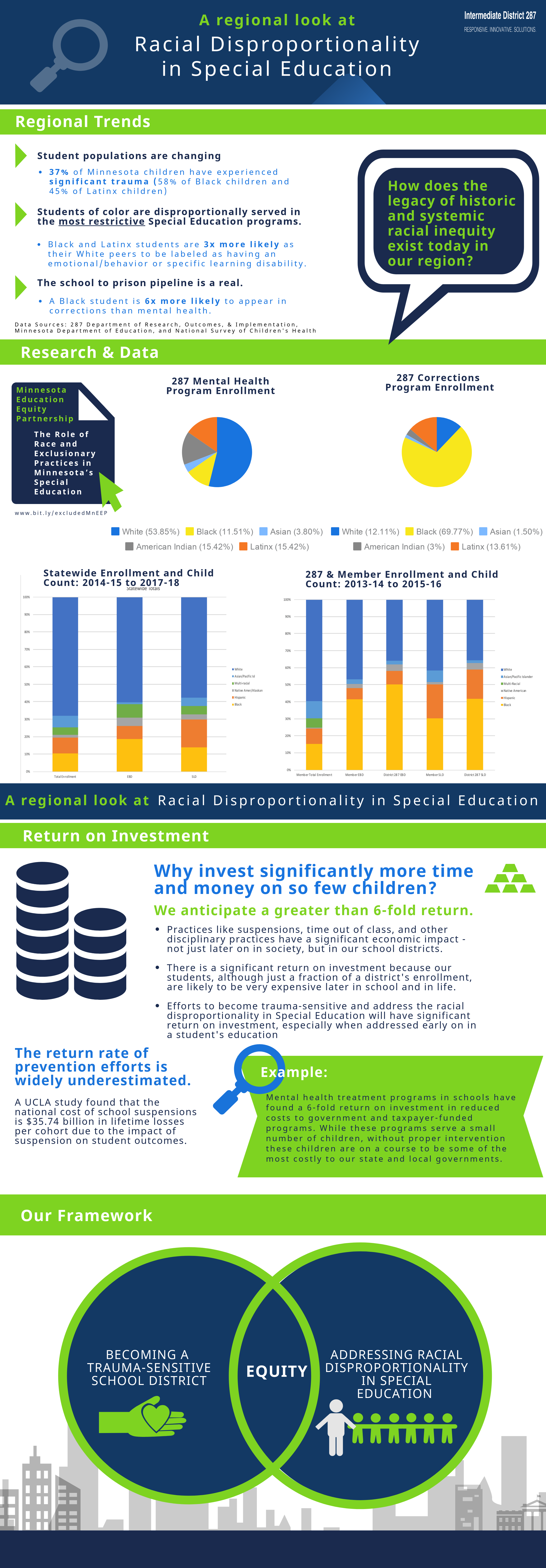 Our racial equity value compels us to focus on the impact of race and make decisions in the best interest of students from diverse racial experiences. We believe our nation’s education system has systematically perpetuated marginalizing and debilitating beliefs in students of color; we believe in intentional reversal of such practices and returning to a belief that every student has inherent intellect and gifts and our job is to provide opportunities for it to grow.
Our racial equity value compels us to focus on the impact of race and make decisions in the best interest of students from diverse racial experiences. We believe our nation’s education system has systematically perpetuated marginalizing and debilitating beliefs in students of color; we believe in intentional reversal of such practices and returning to a belief that every student has inherent intellect and gifts and our job is to provide opportunities for it to grow.
Racial Equity Impact Analysis Tool
Position on Critical Race Theory
Strategic Priority
We work to become a more racially equitable school district. We focus on discovering our racial identities, establishing a standard of truth through authentic relationships, removing systemic inequities, increasing opportunities and recognizing the impact of living in a society with a culture normed in Whiteness so we can eliminate achievement disparities. Our strategic efforts include:
- Being an organization which identifies its role in perpetuating systemic inequities based on, but not limited to the following human identities: race, gender, disability, sexuality, socioeconomic status, religion, and U.S. resident status.
- Developing a plan to focus on the elimination of systemic inequities.
- Hiring and retaining racially diverse and racially conscious staff.
- Students receiving instruction and assessment.
- Being a place of belonging and safety especially in establishing multiple spaces for staff to find affirmation and connection around racial experiences.
- Personally and organizationally engaged in eliminating systemic inequities and achievement disparities.


- Build the capacity of leaders and staff to be grounded in their racial identity and racial consciousness (professional development, school and district equity teams).
- Learning Conversations with member school district to share and learn from each other’s progress towards racial equity.
- Equity Walks that provide feedback and guidance for educators to create a more racially equitable learning and working spaces that will benefit students.
- Collaborative Action Research in Education (CARE) supports educators to interrogate their own biased pedagogy and grow in capacity to mitigate the resulting implications on student learning..
- Student perspectives about race and racially responsive instruction are gained through the Student Engagement Instrument.
